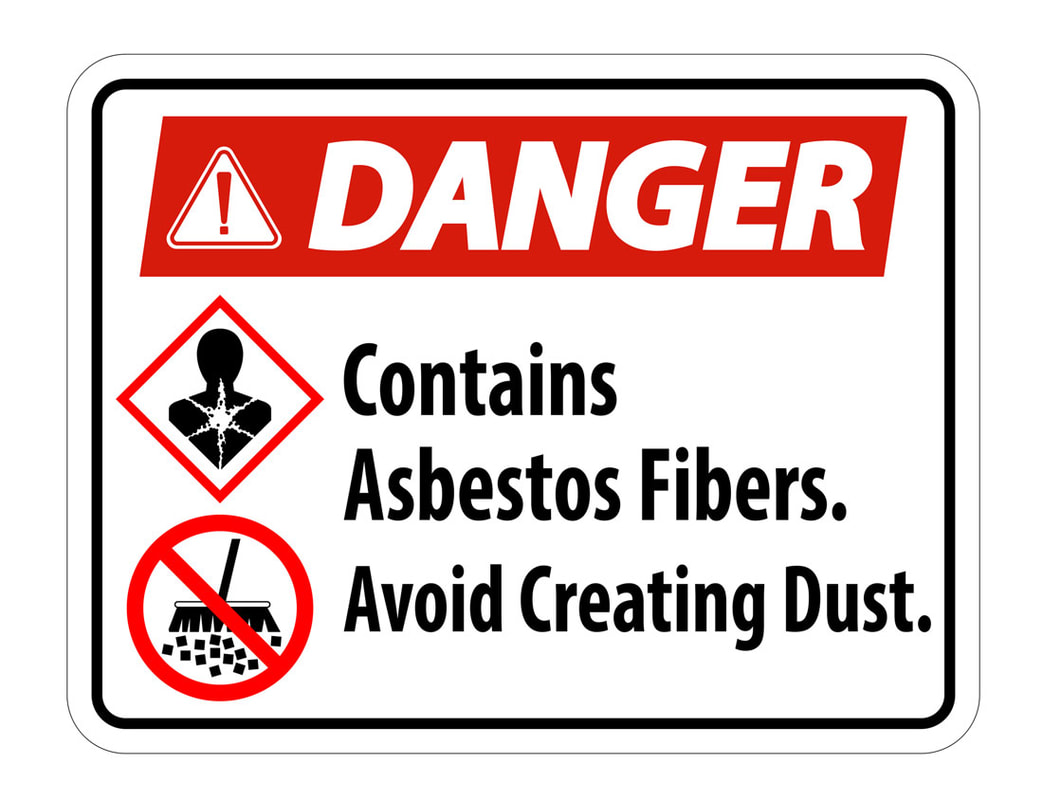The Eighth Circuit Court of Appeals recently affirmed that the “duty to defend” is broad and as long as there are allegations that “arguably” implicate the policyholder, the insurance company’s duty to defend is triggered.
Continental issued comprehensive general liability policies to McQuay, Inc., later named McQuay-Perfex from January 1, 1967 to January 1, 1982 (collectively McQuay-Perfex”). These policies required Continental “to defend any suit against [McQuay-Perfex] seeking damages on account of bodily injury… even if any of the allegations of the suit are groundless, false or fraudulent.” Thereafter, McQuay-Perfex underwent a series of corporate restructuring events and eventually was named Daiken Applied.
Daiken Applied was named in almost 100 asbestos lawsuits and sought coverage under the Continental policies. Continental accepted tender of the lawsuits but reserved rights to disclaim any duty to defend or indemnify. It then filed suit and sought a ruling that it was only obligated to defend a suit that “specifically” alleged that Daiken Applied was sued for McQuay-Perfex liabilities. U.S. District Judge Frank ruled in favor of Continental.
The Eighth Circuit recognized that an insured could meet its threshold burden to trigger the insurer’s duty to defend in one of two ways.
- First, it can show that at least one claim in an underlying complaint against it “is ‘arguably within the policy’s scope’” based on the allegations in the complaint. See Westfield Ins. v. Miller Architects & Builders, 949 F.3d 403, 405 (8th Cir. 2020) (brackets omitted) (quoting Jostens, Inc. v. Mission Ins., 387 N.W.2d 161, 165 (Minn. 1986)); Haarstad v. Graff, 517 N.W.2d 582, 584 (Minn. 1994) (“The general rule is that the insurer’s duty to defend is determined by considering the allegations of the complaint in light of the relevant policy language.”). When determining whether a claim is “arguably” within the policy’s scope, the reviewing court must construe the complaint “liberally.” Home Ins. v. Nat’l Union Fire Ins. of Pittsburgh, 658 N.W.2d 522, 535 (Minn. 2003); cf. Prahm v. Rupp Constr. Co., 277 N.W.2d 389, 390 (Minn. 1979) (noting that “ambiguity” is resolved in favor of finding a duty to defend). Second, the insured can come forward with extrinsic facts “within the insurer’s knowledge [that] clearly establish” that a covered claim is at issue in the underlying lawsuit. See Meadowbrook, Inc. v. Tower Ins., 559 N.W.2d 411, 418 n.19 (Minn. 1997).
The Eighth Circuit then ruled that the District Court error heightened Daiken Applied’s burden by omitting the critical word “arguably.” The underlying complaints did not need to “specifically allege” facts that made the duty to defend obvious. As along as there were allegations that made it “arguable” that an insured liability was at issue, Continental’s duty to defend was triggered. Because the District Court had decided that Continental did not have a duty to defend Daiken Applied at all and applied the wrong standard, it failed to consider whether each of the 100 asbestos lawsuits triggered coverage for Daiken Applied. Accordingly, the case was sent back to the District Court to reconsider its ruling.
This decision is important for corporate policyholders who seek coverage under historic insurance policies for which they have rights to coverage but receive reservation of rights and other coverage objections from insurance carriers seeking to avoid their duty to defend.


 RSS Feed
RSS Feed